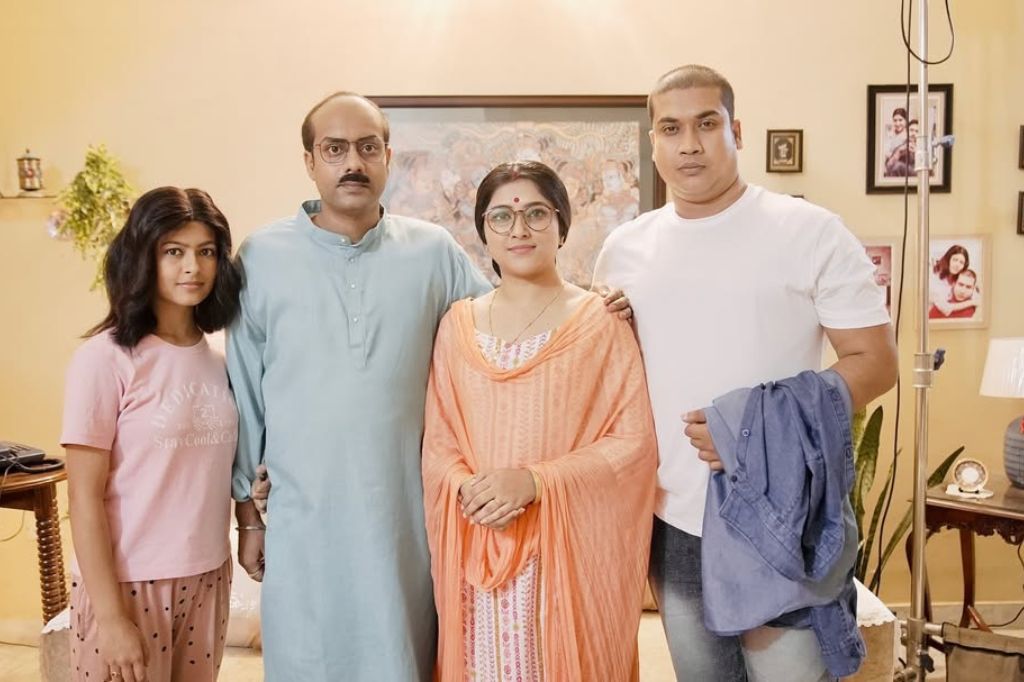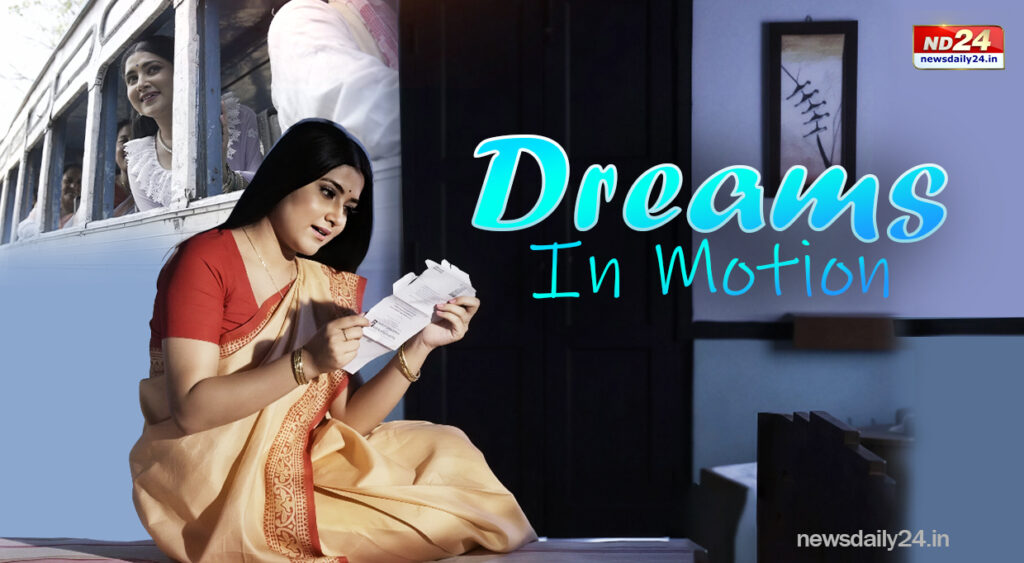Yasashree Bhuyan is emerging as one of the standout new talents in Assamese cinema. Raised in Biswanath Chariali, she began her artistic journey on stage, where theatre helped her build a strong emotional foundation and an instinct for performance. Her breakthrough as Rodali in Baraxun Jetia Naame introduced her to audiences across Assam, revealing an effortless screen presence that instantly set her apart.
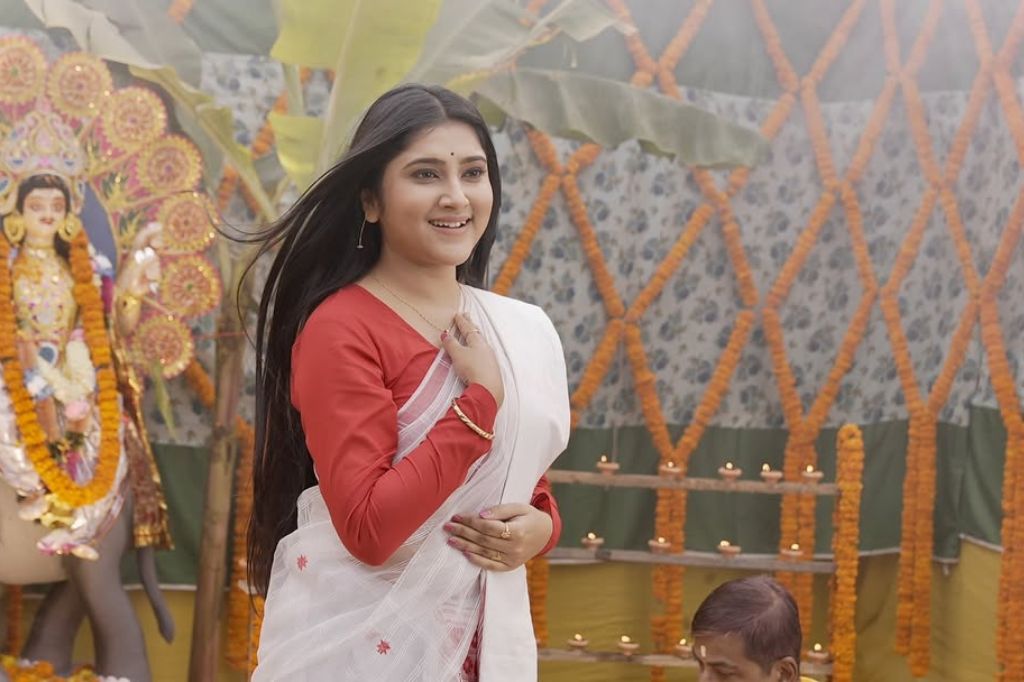
Her shift to films only strengthened her rising profile. In Bhaimon Da, Yasashree delivered a subtle yet powerful performance that won praise from both viewers and critics, while her role as Runumi in Zubeen Garg’s Roi Roi Binale added a layer of grace and sincerity that further showcased her growing range.
From theatre to television to cinema, her journey reflects a blend of versatility, cultural rootedness, and a deep commitment to her craft.
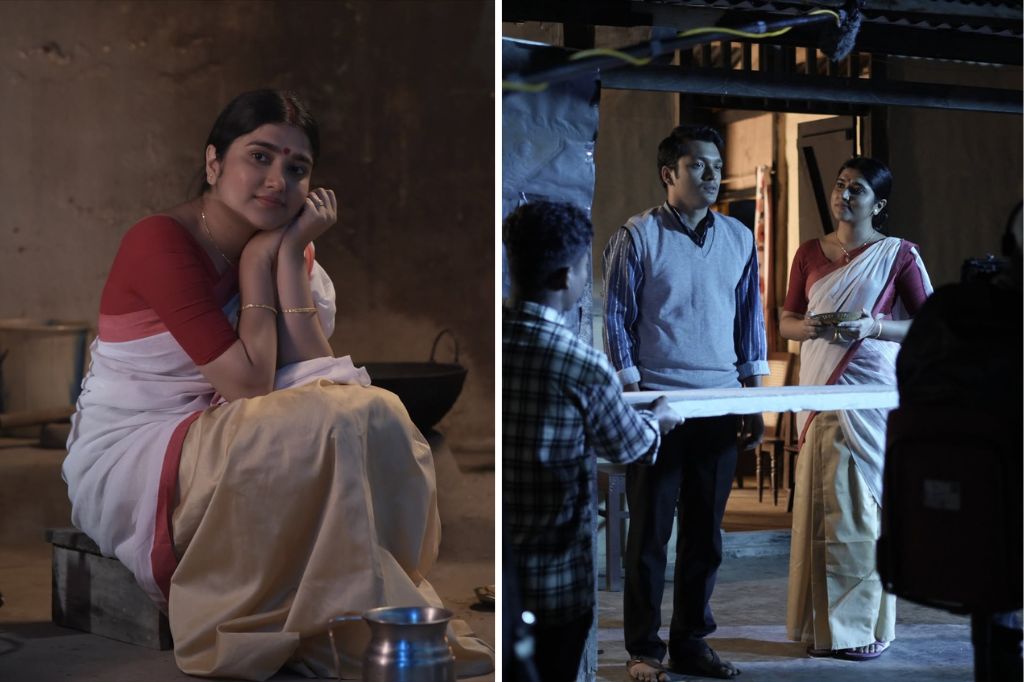
In this exclusive interview, Yasashree opens up about her creative evolution, the characters that shaped her path, and the stories that continue to inspire her as she carves her place in the new era of Assamese cinema.
Q. You began in theatre, moved to television, and are now making a mark in Assamese cinema. How have these different experiences shaped you as an actress?
A. I grew up around acting—my father and uncle were already in theatre and films—so the passion came naturally. Since childhood, I imagined myself giving interviews and living the life of an actress. Theatre gave me discipline and emotional grounding, TV gave me confidence in front of the camera, and cinema still feels surreal. Honestly, I feel like I’m living the dream I saw as a little girl, and this is only the beginning.
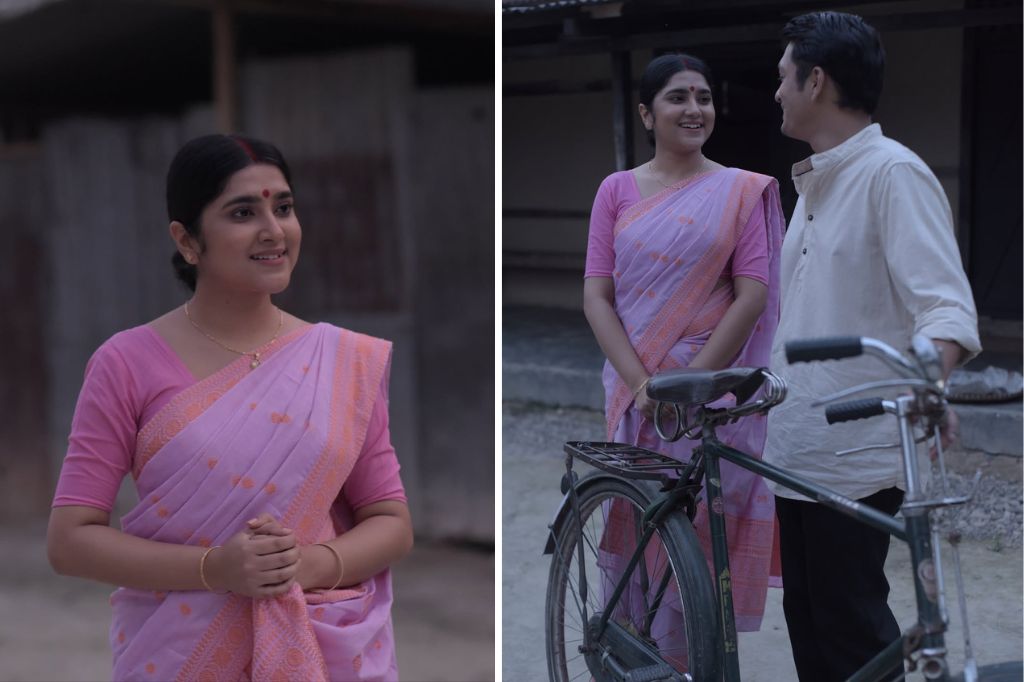
Q. Your roles in Bhaimon Da and Roi Roi Binale are very distinct. How did you prepare for each character?
A. Both films are incredibly close to me. In Bhaimon Da, I played Manjula Baruah, a character who spans her 20s to her 40s—so I had to understand her maturity and inner world. Roi Roi Binale was different; Runumi is a simple, sweet village girl. The role was small, but the film holds deep emotional value for me, especially since it was Zubeen Da’s dream project and his final appearance on screen. I feel blessed to have been part of both.
Q. How do you ensure your characters make an authentic impact on screen?
A. For me, emotion is everything. I try to step completely into the character and connect each scene with something from my own life. I don’t believe in big or small roles as every character has a purpose. And the moment I wear the costume and sit for makeup, something switches inside me. I slip into the character almost naturally.
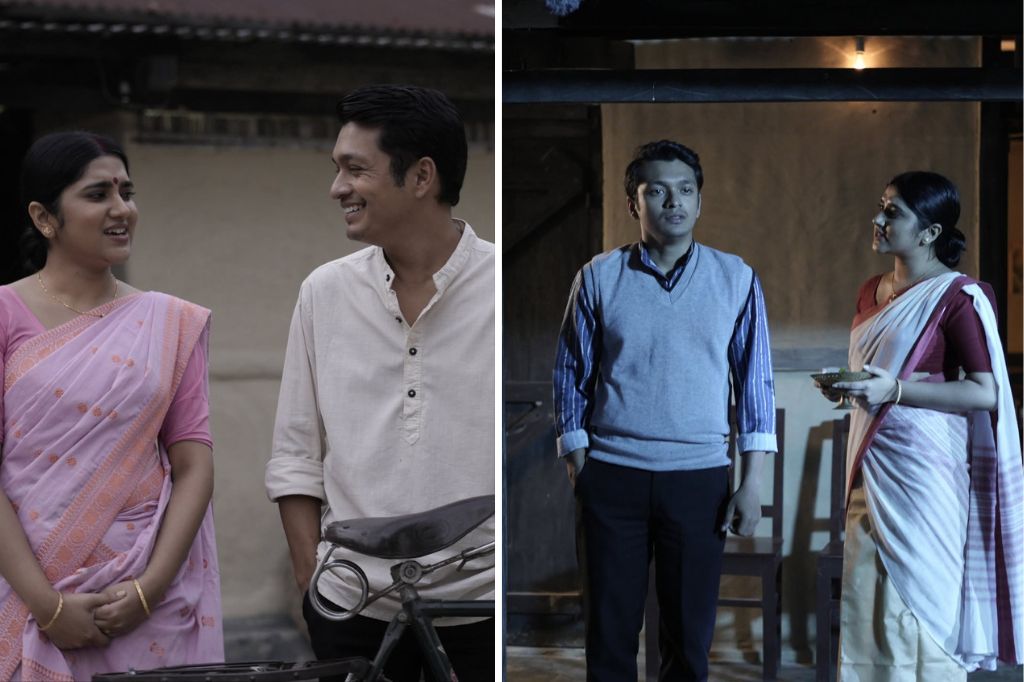
Q. Working with Zubeen Garg must have been inspiring. How did he influence your performance?
A. Seeing Zubeen Da for the first time was overwhelming as I grew up dreaming of working with him. Being part of the Era Eri song in Bhaimon Da, sung by him, felt like magic. On set, everything he said was inspiring. During his last days, we were all very close, and losing him still feels unreal. He didn’t just guide us in cinema; he taught us about life. His absence is a huge loss.
Q. Can you share any memorable moments or lessons from these film sets that helped you grow?
A. These films shaped me in ways I didn’t expect. Bhaimon Da felt like a rebirth; Roi Roi Binale taught me emotional discipline. The teams behind both films supported me so much that I truly feel I grew as an actress and as a person. I carry many sweet memories from both sets.
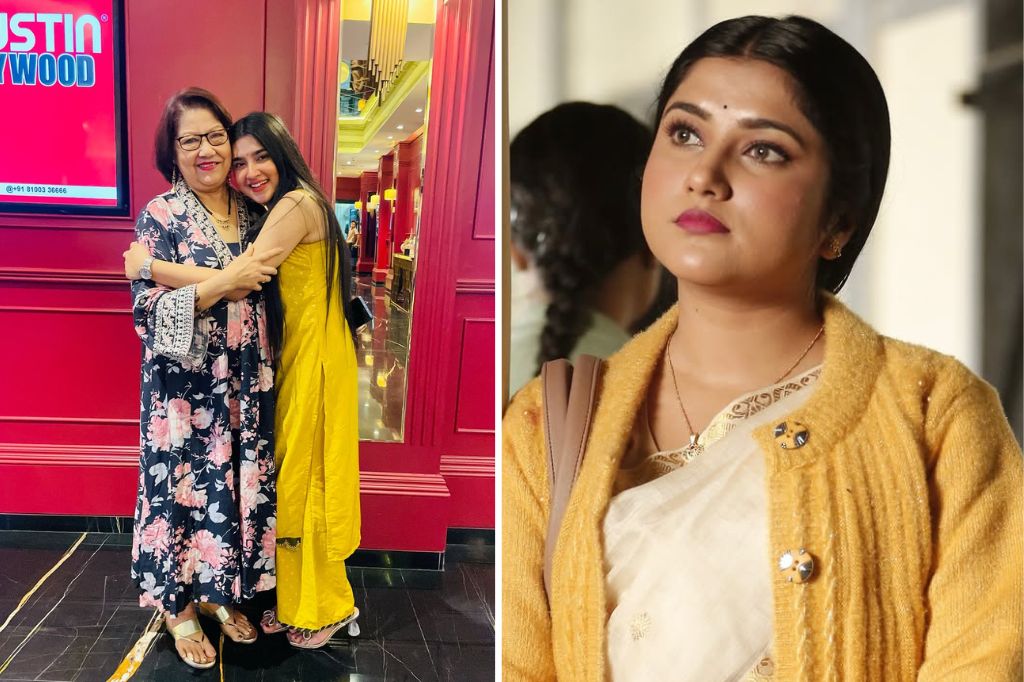
Q. Since Roi Roi Binale is Assam’s first musical film, did that bring unique challenges?
A. Absolutely. A musical demands a different kind of rhythm and sensitivity. Even though my role was small, I had to ensure my presence blended naturally with the emotional flow of the music. It was challenging, but very fulfilling.
Q. Do you bring personal experiences into your characters to connect more deeply?
A. Yes, always. Cinema requires emotional honesty. I draw from my own experiences so the audience feels the truth behind the emotions. Whether it’s Bhaimon Da or Roi Roi Binale, I try to live the character rather than just perform it.
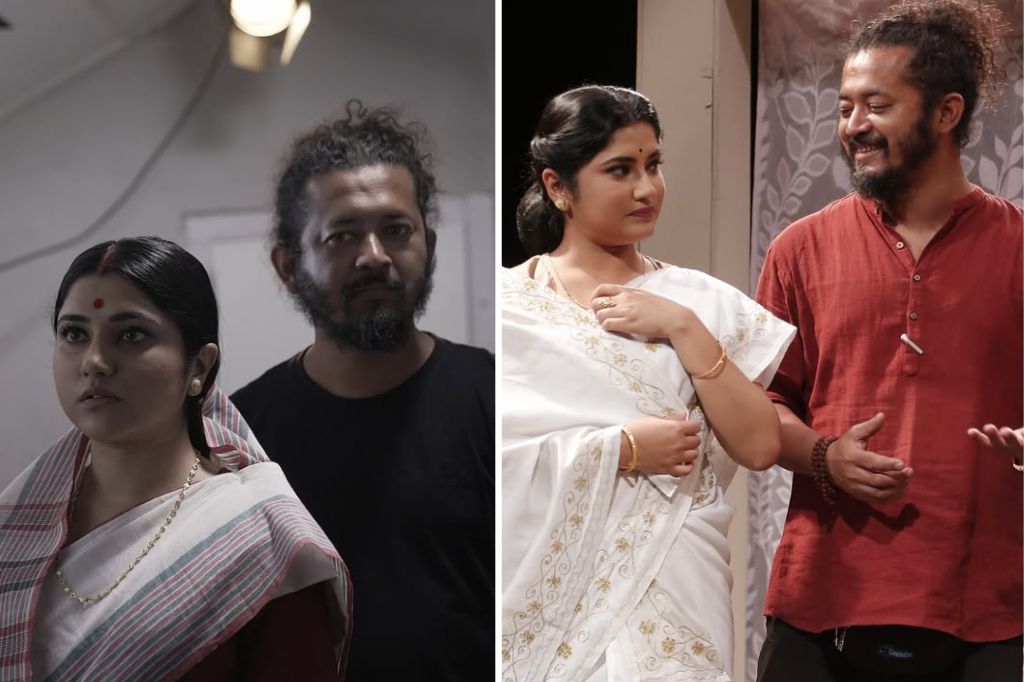
Q. Looking back, which moments feel most defining in your journey so far?
A. Every step has shaped me. My early TV days taught me the basics. Bhaimon Da felt like a new birth. Even the viral short video – Bhaal Tu Moi Tumake Pau, But He Is My Best Friend – opened so many doors. I’m grateful for each experience because every role pushed me to grow.
Q. Your film choices show versatility. How do you pick your projects, and what drew you to these two films?
A. I always feel that projects choose me. I wasn’t the first choice for Bhaimon Da – many actresses auditioned before me. The same happened with Roi Roi Binale. I’m grateful I was trusted with these roles. Moving forward, I want to explore more diverse and challenging characters.
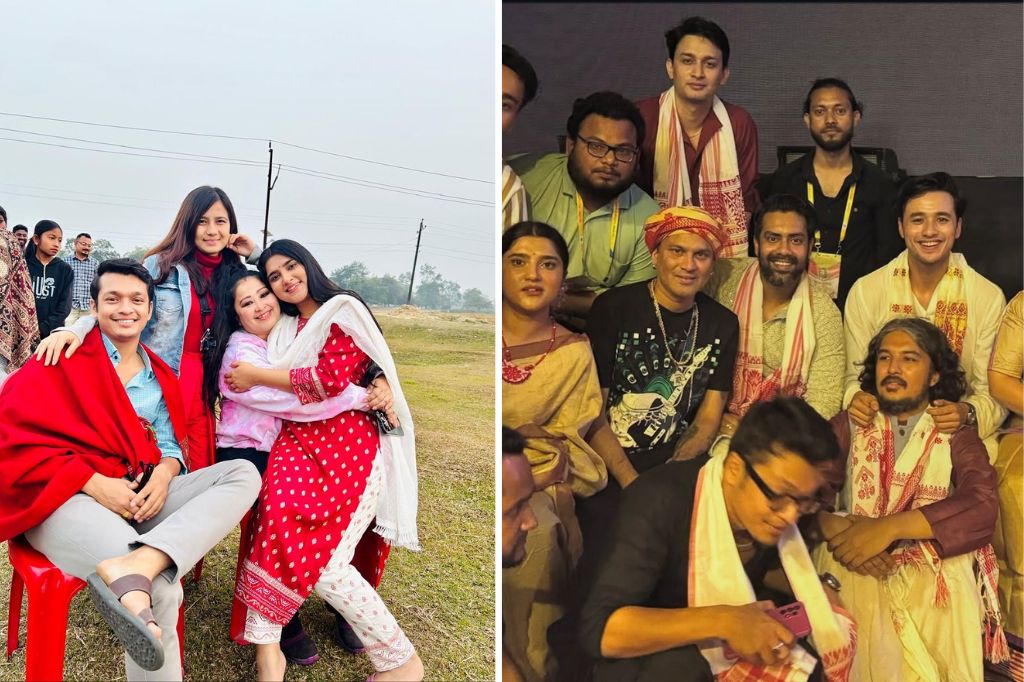
Q. After these releases, what do you hope audiences remember most about your performances? Any upcoming projects?
A. The happiest moments are when people call me by my character’s name at public events and that means I’ve connected with them. I want audiences to remember my characters with the same warmth in the future. As for new projects, yes, some exciting things are coming up, but I’ll reveal them at the right time on my social media.
